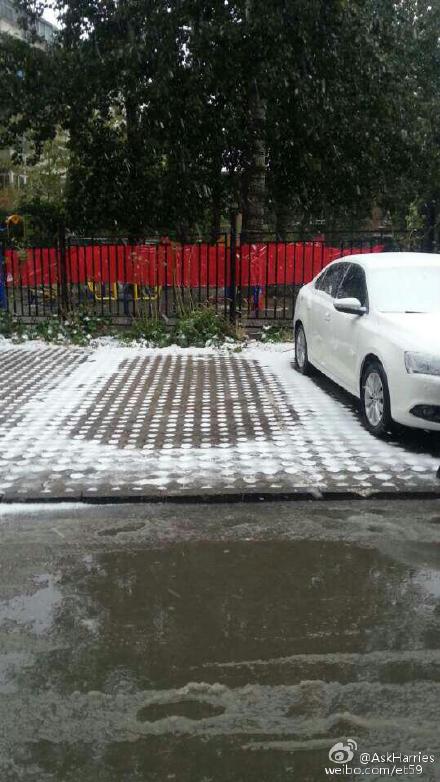Spring Ehcache中@Cacheable不起作用
确认各项配置没有问题。
一开始关于EhCache的配置放在了SpringMVC.xml中,移动到applicationContext.xml中,解决。
以下为EhCache的配置:
<!-- 启用注解驱动的缓存 -->
<cache:annotation-driven />
<!-- 声明缓存管理器 -->
<bean id="cacheManagerFactory" class="org.springframework.cache.ehcache.EhCacheManagerFactoryBean">
<property name="configLocation" value="classpath:META-INF/cache.xml"/>
</bean>
<bean id="cacheManager" class="org.springframework.cache.ehcache.EhCacheCacheManager">
<property name="cacheManager" ref="cacheManagerFactory"/>
</bean>
以下为 cache.xml :
<?xml version="1.0" encoding="UTF8"?>
<ehcache>
<!-- 当内存缓存中对象数量超过maxElementsInMemory时,将缓存对象写到磁盘缓存中(需对象实现序列化接口) -->
<diskStore path="E:/IdeaProjects/MySSH/src/main/resources/cn/cache"/><!-- 用来配置磁盘缓存使用的物理路径,Ehcache磁盘缓存使用的文件后缀名是*.data和*.index -->
<defaultCache
maxElementsInMemory="1000"
eternal="false"
timeToIdleSeconds="120"
timeToLiveSeconds="120"
overflowToDisk="false"/>
<!-- maxElementsOnDisk 磁盘缓存中最多可以存放的元素数量,0表示无穷大
maxElementsInMemory 内存缓存中最多可以存放的元素数量,若放入Cache中的元素超过这个数值,则有以下两种情况
1)若overflowToDisk=true,则会将Cache中多出的元素放入磁盘文件中
2)若overflowToDisk=false,则根据memoryStoreEvictionPolicy策略替换Cache中原有的元素-->
<!--eternal 缓存中对象是否永久有效,即是否永驻内存,true时将忽略timeToIdleSeconds和timeToLiveSeconds
timeToIdleSeconds 缓存数据在失效前的允许闲置时间(单位:秒),仅当eternal=false时使用,默认值是0表示可闲置时间无穷大,此为可选属性
timeToLiveSeconds 缓存数据在失效前的允许存活时间(单位:秒),仅当eternal=false时使用,默认值是0表示可存活时间无穷大
overflowToDisk 内存不足时,是否启用磁盘缓存(即内存中对象数量达到maxElementsInMemory时,Ehcache会将对象写到磁盘中)-->
<cache name="myCache"
maxElementsOnDisk="20000"
maxElementsInMemory="2000"
eternal="true"
overflowToDisk="true"
diskPersistent="true"/>
<!--diskPersistent 是否持久化磁盘缓存,当这个属性的值为true时,系统在初始化时会在磁盘中查找文件名为cache名称,后缀名为index的文件
这个文件中存放了已经持久化在磁盘中的cache的index,找到后会把cache加载到内存
要想把cache真正持久化到磁盘,写程序时注意执行net.sf.ehcache.xml.Cache.put(Element element)后要调用flush()方法
diskExpiryThreadIntervalSeconds 磁盘缓存的清理线程运行间隔,默认是120秒
diskSpoolBufferSizeMB 设置DiskStore(磁盘缓存)的缓存区大小,默认是30MB
memoryStoreEvictionPolicy========内存存储与释放策略,即达到maxElementsInMemory限制时,Ehcache会根据指定策略清理内存
共有三种策略,分别为LRU(最近最少使用)、LFU(最常用的)、FIFO(先进先出)-->
</ehcache>
本文永久更新链接地址 : http://www.linuxidc.com/Linux/2017-12/149348.htm












![[HBLOG]公众号](https://www.liuhaihua.cn/img/qrcode_gzh.jpg)

